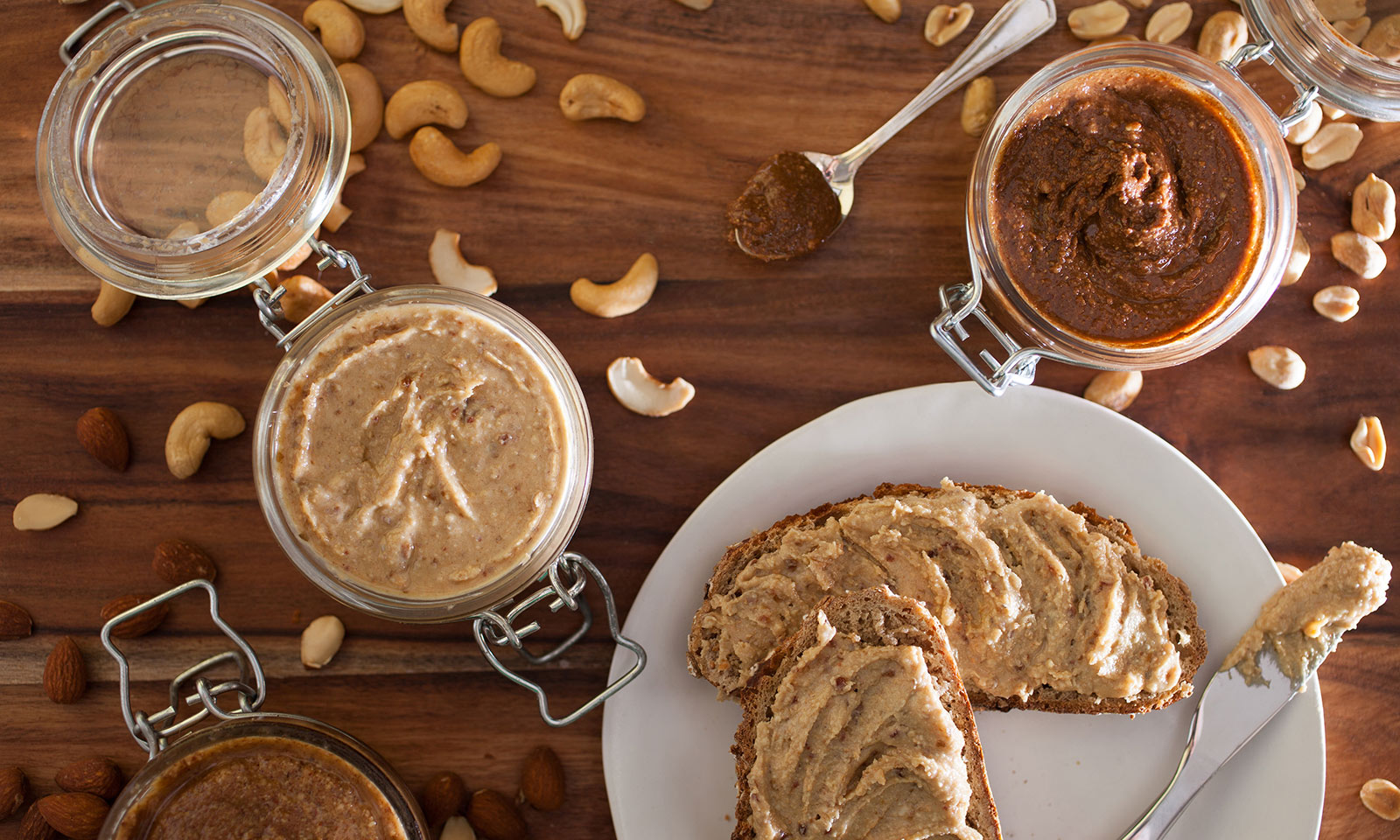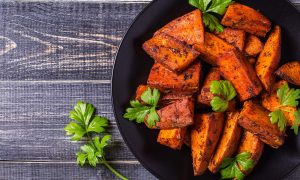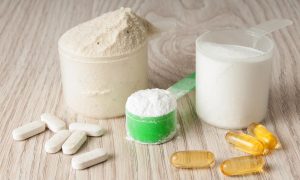5 Healthy and Balanced Foods for Vegans

|
|
Lately, there has been quite the increase in the amount of people adapting to, and following, a vegan lifestyle. The ‘Veganuary’ movement last month for January, was almost certainly the most successful to date. If you aren’t familiar with the premise, Veganuary is basically where people that typically follow everyday diets, try to follow a vegan diet and/or lifestyle for the month of January. When people think of vegans, they often imagine people with glowing skin, healthy physiques, strong immune systems, and full of life and vitality. This is because people often assume that vegans constantly consume incredibly healthy and nutritious plant-based foods. Some vegans do indeed eat super healthy, but there are plenty of vegans out there who’s diets leave a lot to be desired. Whether it’s a lack of protein, or a lack of nutrients, if the foods you consume are not nutritious and healthy, your health will suffer. Here’s a look at 5 healthy and balanced foods for vegans.
Nuts and seeds

One of the biggest issues that vegans tend to struggle with, is getting enough protein into their diets. When most people think of high protein foods, they think of meat, fish, eggs, and dairy produce. All of these products are derived from animals and/or animal sources, and therefore they are all not permitted on a vegan diet. Does this mean that vegans must therefore go without protein? Of course not. There are still plenty of non-animal derived products out there suitable for vegans that are rich in protein. Nuts and seeds are prime examples. Nuts and seeds are loaded full of healthy proteins and amino acids, as well as healthy fats as well. Most nuts and seeds are also rich in other nutrients including: zinc, magnesium, potassium, iron, selenium, fiber, vitamin E, and more. They’re also great because they can be consumed by themselves as a snack, or can be added to meals to bulk them out and make healthy and tasty recipes. For best results, go with nuts and seeds that are plain, without any artificial flavourings. Depending on which nut/seed you go with, a 28g serving will provide anything from 5g of protein, up to around 11g of protein.
Nut butters
As well as whole nuts like we just looked at, vegans can also benefit from nut butters. Nut butters are again packed full of the nutrients we listed above, with the added bonus of being rich and creamy and working well with sweet and savoury dishes. For vegans struggling to get enough protein and healthy fats in their diets, a couple of spoons full of their nut butter of choice will work wonders for them. Popular nut butters include: cashew, almond butter, and of course, peanut butter. Again, look for a nut butter made from 100% nuts, with nothing added, and nothing taken away. Some well-known brands of peanut butter out there are loaded full of ingredients such as: palm oil, palm sugar, hydrogenated oils, salt, sugar, flavourings, and preservatives. Needless to say, the ingredients they contain are not ethical, nor are they healthy. 100% natural is always the way to go here.
Broccoli
Broccoli is considered a superfood, and for good reason. It is loaded full of vitamins, minerals, and antioxidants, and is renowned for its ability to potentially help prevent many strains of cancer and other nasty chronic illnesses and diseases. Broccoli is packed full of nutrients that help strengthen the immune system, helping to protect against illness and disease. It is also naturally low in calories and fats, making it great for people that are watching their figures. Broccoli can be served as a side dish, it can be used in main dishes, it can be marinated and roasted, it can be blended in soups, and it can even be juiced and used as an ingredient in healthy fruit and vegetable juices.
Fortified plant “milks”

Milk is renowned for its ability to promote healthy teeth and bones. This is because milk is naturally rich in calcium. For vegans however, this is no use because milk is not permitted as it is derived from an animal. A healthy and delicious substitute for milk however, is a plant milk. Almond milk is very popular in the world of veganism, and many popular plant milks are now fortified with additional calcium to help promote healthy and strong teeth and bones. As an added bonus, these plant milks are also enriched with added vitamin D. Vitamin D is essential when it comes to calcium absorption because without this vitamin, the calcium we consumed would not be able to be absorbed by our bones. Plant milks can be enjoyed on their own if you’re thirsty, or they can be poured over cereal or used for baking.
Whole grains
Whole grains are very important when it comes to vegan diets and lifestyles. Whole grains are a great source of slow-release carbs, so they help provide gradual amounts of energy throughout the day as they are digested and broken down. They’re also rich in fiber, B vitamins, and Iron. Most sources of vitamin B are animal-based, as it is commonly found in meat, fish, and dairy. Because of this, some vegans may struggle to get enough. B vitamins promote a healthy metabolism, and so the more of them we have in our systems, the more energy we will likely have. Iron is also important as it assists with oxygen transportation, meaning that it can help to prevent anaemia. Whole grain pasta and bread is very tasty and very nutritious, though some whole grains such as quinoa, can actually be enjoyed as a side dish. Quinoa is also rich in protein, making it useful for muscle growth and maintenance.








